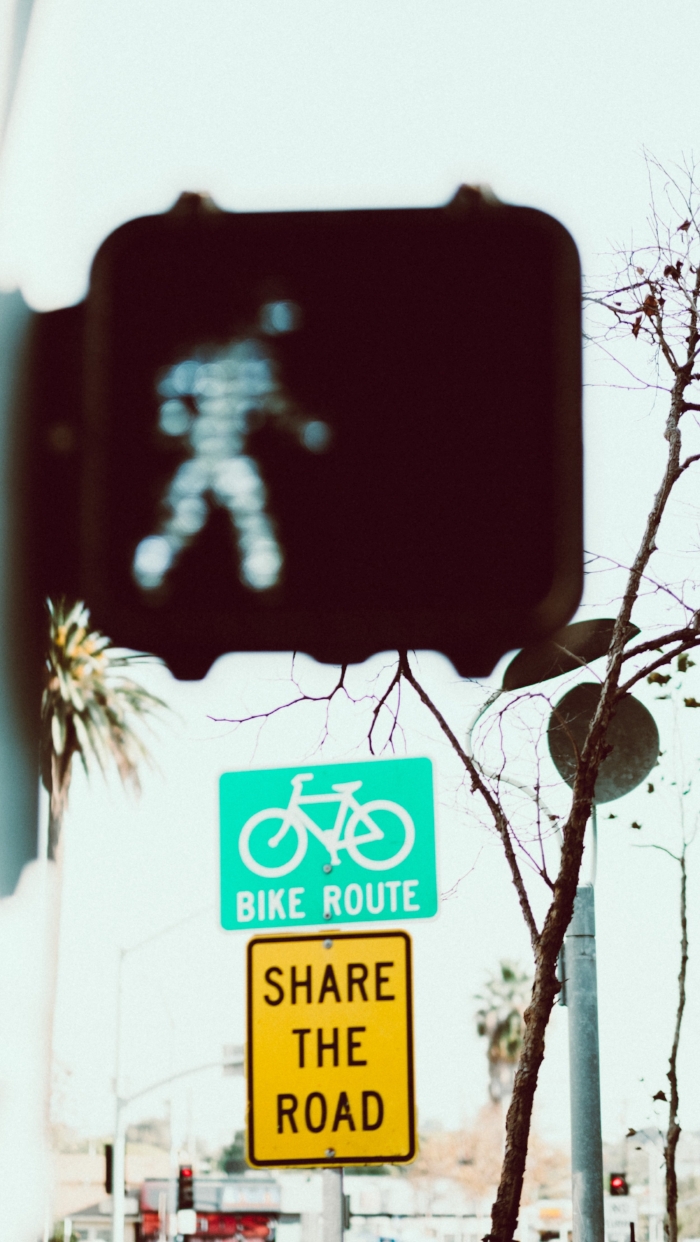2019 was an incredible year for Ross Law and Jeremiah Ross! Ross Law fought tirelessly for our clients in personal injury cases, insurance disputes, wrongful death cases, medical malpractice cases, lemon law cases, auto dealership fraud cases, and crime victim cases. Ross law achieved incredible results for our clients.
Peers selected Jeremiah Ross as a 2020 SuperLawyer for personal injury general plaintiff’s practice. This is the fifth year Jeremiah Ross has been recognized by SuperLawyers.
2020 Oregon Super Lawyers
2019 Oregon Super Lawyers
2018 Oregon Super Lawyers
2017 Oregon Rising Stars
2016 Oregon Rising Stars
We look forward to continuing with the amazing success Ross Law has had and are thankful to be rated as a SuperLawyer!
Please remember the results may vary for each client. Each case is different. If you or someone you know needs to speak with a Personal Injury Lawyer, Wrongful Death Lawyer, Crime Victim Lawyer, or Consumer Lawyer, please call 503.224.1658 to speak with Ross Law. This post may be considered Attorney Advertising.








